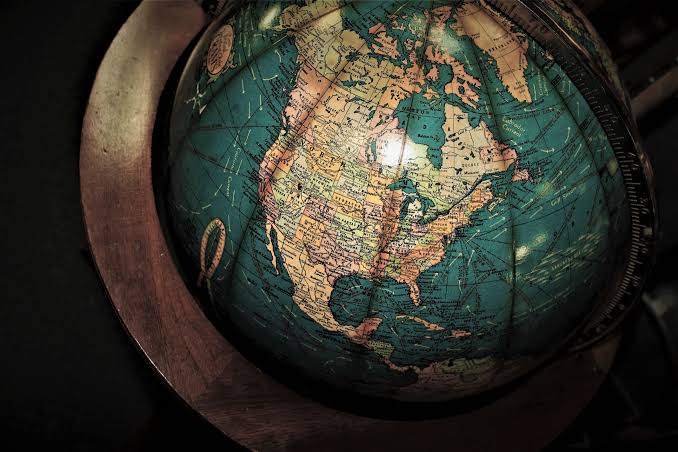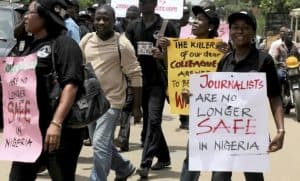
Widespread elections violence, denial of political, civil rights and armed conflict perpetrated by authoritarian aggression have significantly made the world less safe and less democratic, according to a global freedom index by Freedom House. This trend has contributed to an acute decline in global freedom for the 18th consecutive year.
The report reveals that freedom continues to remain an inextricable thread in the fabrics of democratic nations, making it difficult for the people to hold their government accountable. For any country thriving to make great strides economically or politically; the idea of rule of law, freedom of speech and association as well as regard to the rights of others have to be guaranteed and protected.
Sadly, the news of global freedom has remained grim since 2005, declining by each passing year.
The 2024 edition of the Freedom in the World report reveals mounting damage of flawed elections and armed conflict in different parts of the world contributed to the fall in global freedom.
Produced by Freedom House, a United States nonprofit organization that tracks global trends and compiles individual country reports on political rights and liberties, the report stated that the scope and scale of the 2023 deterioration were extensive, and affected one-fifth of the world’s population.
A total of 52 countries suffered declines this past year, while only 21 improved. This figure suggests that about 70 percent of the population in the 52 countries experienced one form of either violation of human rights or acts that challenge the principles of democracy entirely.
Last year, the organization stated that only 44 out of 148 countries indexed were rated free in its debut report in 1973. This figure pegged the rate of free countries at less than 30 percent. However, since 2005, the landscape of global freedom has drastically changed from bad to worse. And the reason for this is not hard to seek.
For one, widespread problems with elections, including violence and manipulation of results, frustrated rights to freedom of expression, choice and assembly, and consequently undermined the true principles of democracy. For instance, in July 2023, Niger Republic became the sixth country in the Sahel region of Africa—after Burkina Faso, Chad, Guinea, Mali, and Sudan—to experience a coup since 2020 after a military junta ousted the democratically elected government. This movement stole away people’s right to choose their leaders.
Not only that. In South America, Ecuador downgraded from Free to Partly Free status because its elections were disrupted by violent criminal organisations, which killed several state officials and political candidates.
Armed conflicts and threats of authoritarian aggression have their cut in rendering the world less safe, resulting in humanitarian violence and destruction of human lives. One of such instances is the Israeli‐palestinian conflict. Civilians bore the brunt of the conflict, costing over 20,000 lives
and devastated the infrastructure and economy of Gaza. The full-scale invasion of Ukraine also continued for a second year in 2023, further compromising basic rights in occupied areas and prompting more intense repression in Russia itself.
Denial of political rights and civil liberties in disputed territories continues to be a significant contributor to freedom’s downward trend. For instance, the Chinese government’s arbitrary efforts in restricting Hong Kong’s right to self determination assaults the residents’ civil liberties. And Russian’s militarisation of Crimea and its campaign to subjugate Ukraine constitute a grave denial of political and civil rights.
By ensuring strength from diversity, protecting dissent and building international coalitions, democratic forces can still reverse the long decline in global freedom, Freedom House recommends.







